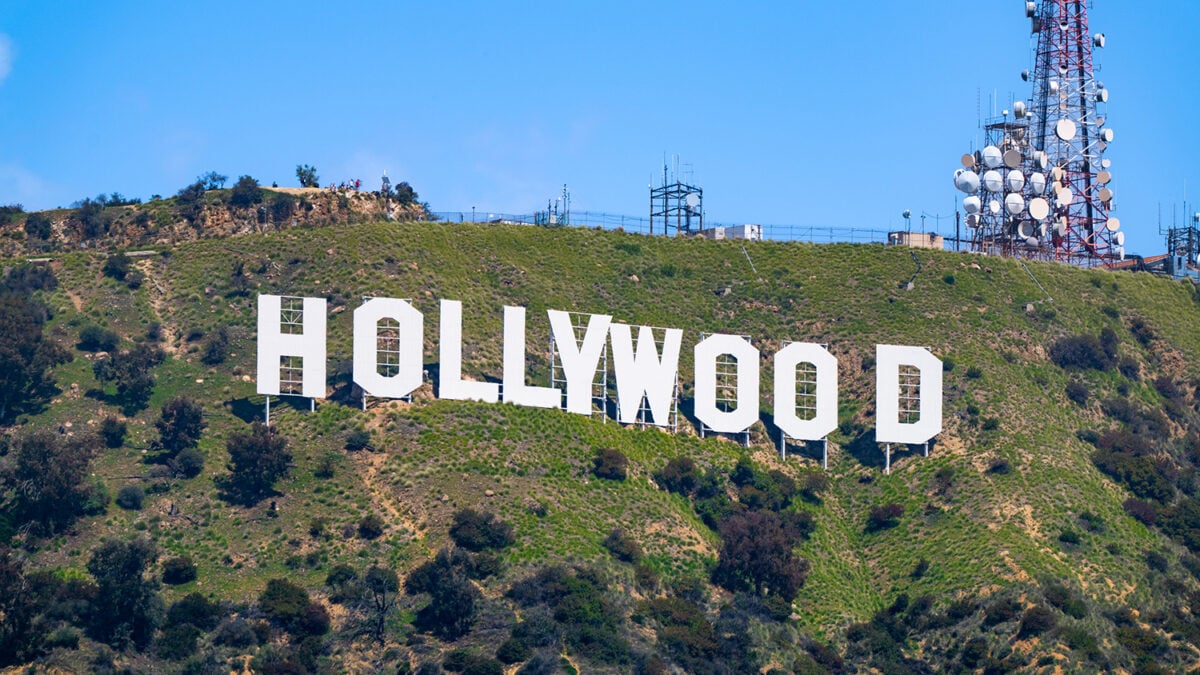Film Schools Embrace AI, But Is It the Right Move?

The introduction of AI into educational curricula has sparked significant debate, especially within creative disciplines like film. At DePaul University in Chicago, a new course on 'AI screenwriting' has caused a stir among students, one of whom expressed deep frustration. This course, aimed at exploring the evolving role of AI in screenwriting, has faced resistance from students who view it as antithetical to traditional filmmaking.
The course details how AI can assist in generating log lines, developing characters, and shaping scripts, integrating ChatGPT into the creative process. Instructor Matthew Quinn emphasizes that integrating AI is about exposure and understanding the technological landscape, rather than uncritical adoption.
Similar initiatives are emerging in other institutions like the University of Southern California, which introduced an 'AI for Media and Storytelling' program. While some faculty express excitement about new forms of storytelling AI can offer, they also recognize the legitimate concerns about the technology's corporate influence and creative implications.
Despite varying opinions, the enrollment in such courses remains low, indicating both curiosity and apprehension within the student body. The promotional narrative emphasizes that without understanding and readiness to face this inescapable tide of AI, students may find themselves unprepared for the realities of a tech-infused industry.
While some students perceive the adoption of AI as a betrayal of traditional filmmaking values, educators argue for the necessity of engagement. They stress the importance of learning to navigate new technologies to ensure that future artists can retain creative agency.



